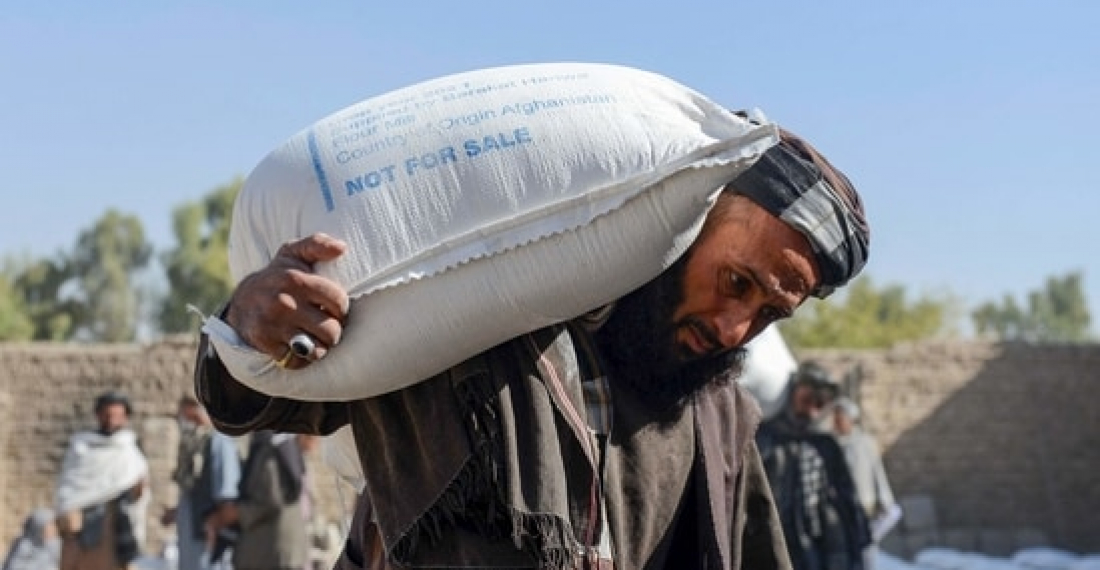The Taliban have taken measures to avert an impending food crisis during the winter. The new rulers in Afghanistan are cutting the cost of food from abroad. They have also unveiled a "food-for-labour" programme in the capital Kabul.
The radical Islamic group seized power in August and now have to cope with major economic problems in their country. The World Food Programme warned this week that more than half the population could go hungry in the coming months. That means, according to World Food Programme top executive David Beasley, that millions of Afghans will have to decide this winter whether to starve or move abroad.
Afghanistan is largely dependent on imports and foreign aid for its food supply. The Ministry of Finance of the new Taliban regime has meanwhile announced that import duties on food will be sharply reduced.
The Taliban also announced this week another programme to alleviate the economic hardships. It said that 40,000 people will be offered work for which they will be paid in food.







